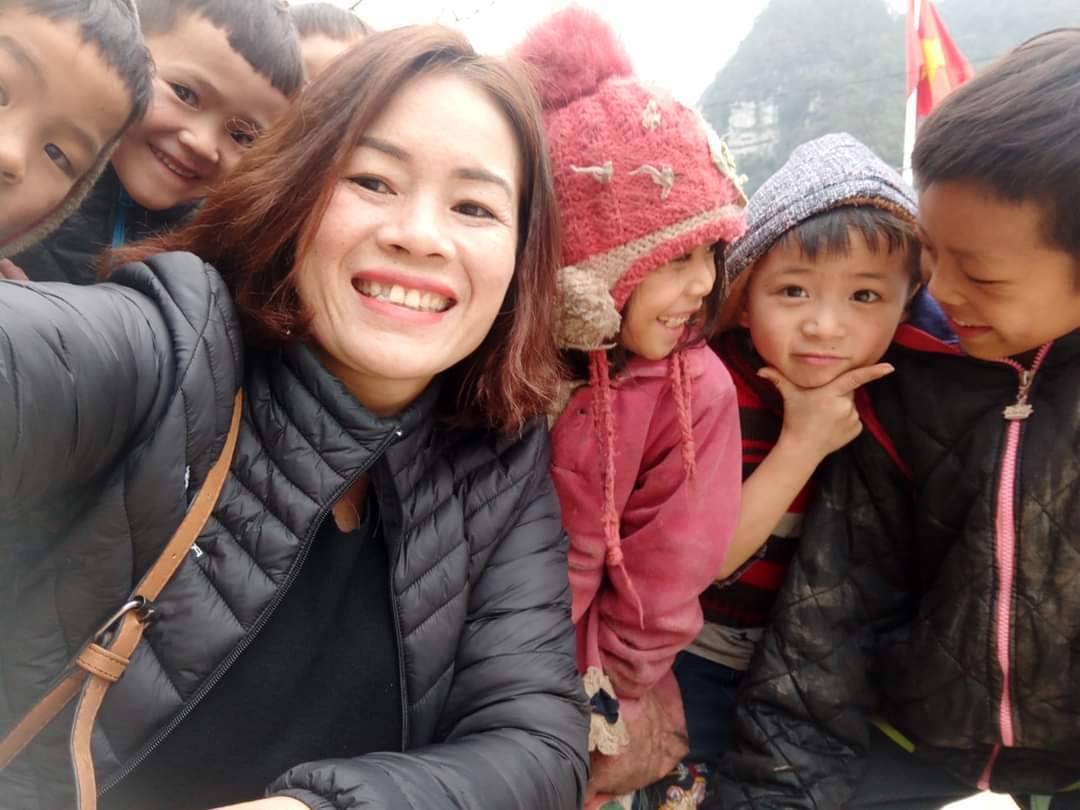
Dominique Altner, Senior Program Specialist at IIEP
Asked if she thinks the educational sector needs higher investments to reach its goals, the expert said that while Covid-19 has led to a decline in the global economy, Vietnam still had positive growth rate in 2020.
If the current proportion of expenses on education are maintained, the total investment in the sector will increase year after year.
She is more concerned, however, about how to manage resources to serve reforms in the near future: upgrading training quality, raising teacher standards, improving teaching and learning methods, and developing courseware and ensuring credit transfer between education levels, thereby promoting opportunities to access education at all levels.
This means the major challenge lies in investment resource management and allocation, rather than total investment capital.
The expert stressed that Vietnam has defined the issues it needs to focus on and is on the right way to development.
She suggested that in the time to come, it should emphasize diversification of ways to access post-secondary education, and improve vocational training so as to satisfy requirements form the labor market.
The country also needs to build plans to prepare for changes in the future in the population structure. In addition, the internationalization of education may lead to a brain drain, with students not returning to Vietnam after study abroad.
| Vietnam has a new general education program associated with basic changes in student assessment methods, teaching methods and materials, and changes in criteria for teacher assessment. All these efforts show strong determination and commitments to improve education quality. |
Altner is a lead advisor to the project of the Global Partnership for Education (GPE) that supports the Ministry of Education and Training (MOET) in developing Vietnam’s education strategy in the 2021-2030 period.
She said that many changes in Vietnam’s education sector have been made in the last five years. Vietnam has paid importance to social issues related to education, especially the expansion of the preschool system and higher education. For example, it set the goal of universalizing preschool and secondary education.
The rate of children not attending school is low, which is great progress that Vietnam has made compared with many other countries, she noted.
However, she is most impressed with the educational system's focus on quality.
Vietnam has a new general education program associated with basic changes in student assessment methods, teaching methods and materials, and changes in criteria for teacher assessment. All these efforts show strong determination and commitments to improve education quality.
These are the results of efforts to complete the specific approach followed by Vietnam, and are also attributed to applying international experiences.
Unlike OECD (the Organisation for Economic Co-operation and Development) countries, which have developed their systems over a long period, Vietnam has to both expand the system and improve training quality at the same time in order to satisfy the requirements of the changing labor market.
The increase in number of informatics and foreign language centers in recent years is clear evidence of the flexibility, encouragement and contribution of the non-state sector in the educational system.
She noted MOET’s role in improving general education quality, especially secondary education in the last 10 years, increasing opportunities for different groups in society to access education.
She warned that Vietnam will face a teacher shortage as an inevitable result of urbanization and increased attention to services and industries.
In the future, when Vietnam joins the group of high income countries, its population growth rate is expected to decline. This means that the number of students at different education levels will be decreasing.
Migration and urbanization will also lead to an unequal allocation of teachers in different economic zones. In some areas, such as the suburbs or large cities there will be teacher shortage, while in other areas, a student shortage will occur (remote areas and disadvantaged areas).
As a specialist at IIEP, Altner is in charge of researching operation policies and ability promotion projects in order to consolidate domestic and regional training establishments in education planning and management.
She designs and provides training courses on professional development at the national level, focusing on a comprehensive approach in analyzing and planning educational sector development, including models for simulating and analyzing the education management functions of ministries.
Dong Ha

Teacher in remote area honored for dedication to improve educational facilities
For the last 26 years working as an upland teacher, Truong Thi Nhuong, a teacher at Tan Thanh Primary and Secondary School in Ha Giang province, spent 23 years working in remote branches.

Textbook changes – a test of education reform
Minister of Education and Training Phung Xuan Nha noted before the National Assembly that the content of Canh Dieu (Kite), the textbook for first graders, is “not appropriate".
